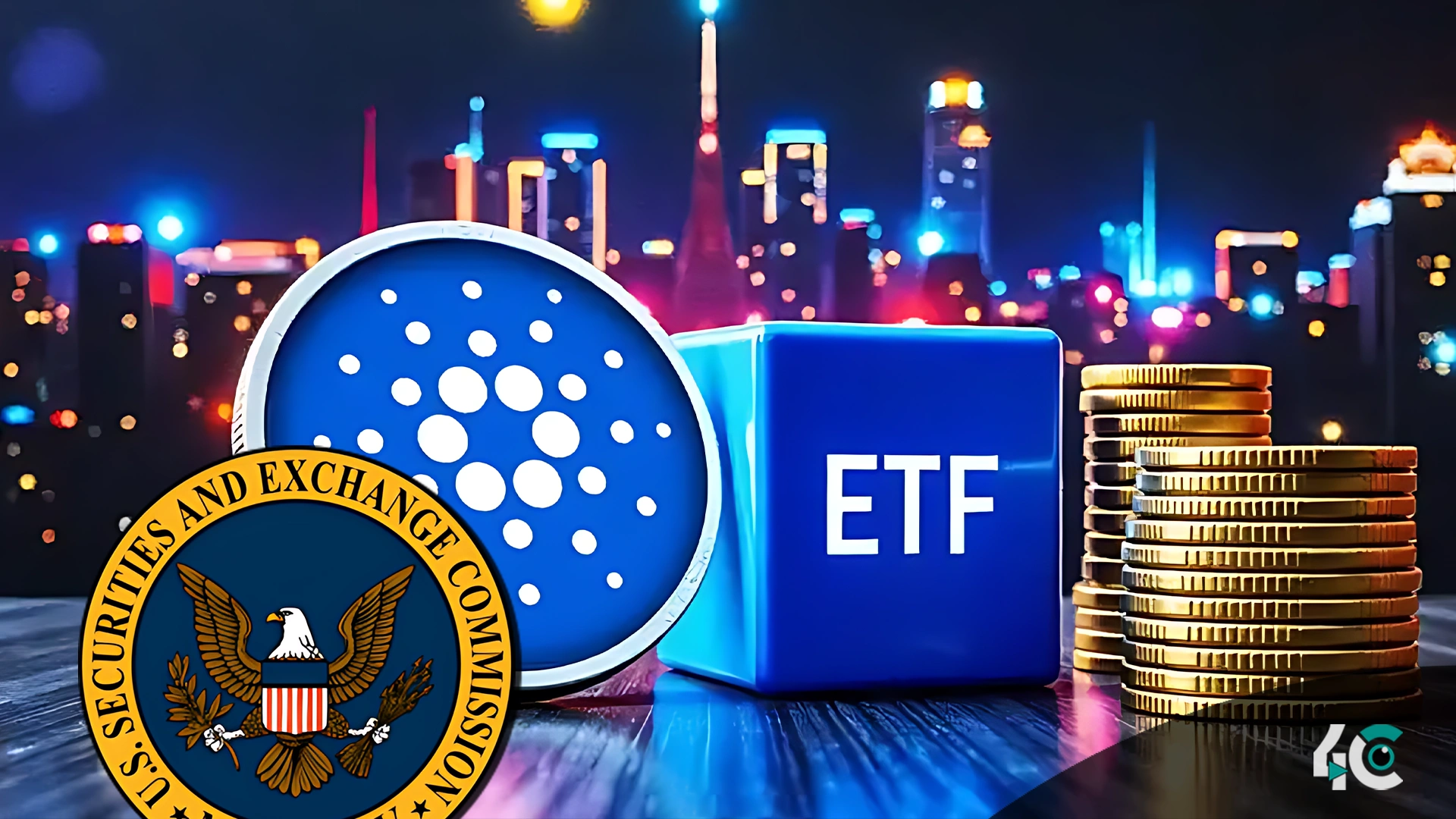Grayscale’s Cardano ETF Proposal has entered the first stage of the regulatory approval process as the SEC accepts its application. Submitted by NYSE Arca, the proposal seeks approval to list and trade Grayscale Cardano Trust shares. The 180-day countdown for a decision, starting from February 24, has officially begun.
The SEC is reviewing an increasing number of ETF applications connected to cryptocurrencies, including Grayscale’s XRP and Dogecoin ETFs as well as Nasdaq’s suggestion to set trading limitations for BlackRock’s iShares Bitcoin Trust (IBIT). As institutions drive for more structured investment products, the growing number of crypto ETF applications points to a changing regulatory climate.
Should approval be granted, the Grayscale Cardano ETF would provide investors with a regulated financial product-based indirect means of exposure to ADA price swings. Investors would own shares in the trust, which tracks ADA’s market price depending on a small set of crypto exchanges, including Coinbase, Crypto.com, Bitfinex, and Kraken, instead of owning the coin itself. We selected these sites based on their compliance with U.S. legal requirements.
The expected ETF names BNY Mellon Asset Servicing as the administrator and transfer agent and Coinbase Custody Trust Company as the custodian. Bitfinex was included on the index even though it lacks U.S. regulatory licenses since it satisfies minimal liquidity standards.
According to market analysts, an approved Cardano ETF might generate a lot of interest from institutional investors, thereby increasing the market value of the ADA. With Polymarket’s most recent research showing a 62% probability of approval—up from 51% in January 2025—optimism about approval has already affected mood.
As regulatory talks continue, Cardano’s price swings continue to closely correlate with these events. ADA might keep on its increasing slope if it keeps support between $0.67 and $0.81. Any delay in the approval process, though, could generate selling pressure. Investors and market players will be attentively observing as the SEC deliberates on this


































